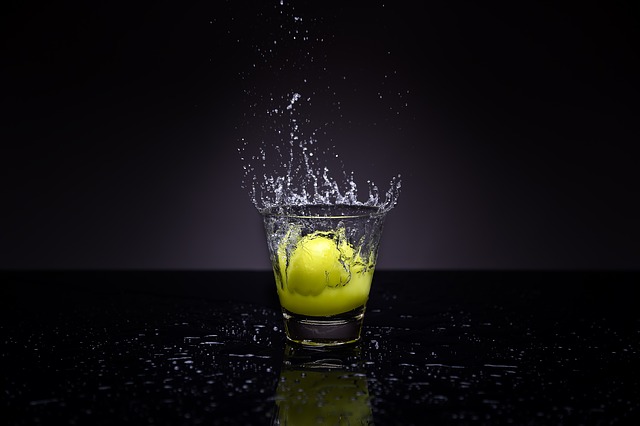 Did you know that not drinking enough water can make you sick, tired and fat? This is what happens when you’re dehydrated!
Did you know that not drinking enough water can make you sick, tired and fat? This is what happens when you’re dehydrated!Dehydration can masquerade as a wide variety of physical symptoms, including hunger. Next time you feel hungry, cranky or fatigued, try guzzling a tall glass of water and notice how you feel 10 minutes later.
Many of the issues for which pharmaceuticals are prescribed can be quickly and easily fixed by drinking more water, eating real food and moving your body. And if you need more motivation to get in your glasses of water read about the surprising and eye open article below about the 11 ways dehydration can affect your body.
What Happens When You’re Dehydrated
Did you know that dehydration can cause a lot of symptoms? Among these are fatigue, hunger, joint pain, high cholesterol, constipation, and high blood pressure, to name a few.
The body alerts you with thirst when it needs more water, but by then it’s already too late, you’ve become dehydrated. And even more confusingly, the body can also signal that it needs water with pangs of hunger, as food can also be a source of hydration.
Because of this, people often eat when they are actually thirsty. And because the body is asking for water instead of nourishment, these extra calories can add up and turn into weight gain. Yep, dehydration can make you tip the scales.
People are often prescribed medications to deal with the issues caused by chronic dehydration, like headaches or dizziness. But before popping that pharmaceutical, or reaching for a snack, make sure your body isn’t asking for water instead. Mysterious health issues like dry skin or mouth may be cured by sipping water throughout the day, before thirst begins to set in.
Flip Side: Overhydration
On the other side of the equation, it’s important to not drink too much water. Overhydration can cause it’s own problems and will send you to the bathroom multiple times. And while proper hydration can be helpful in weight loss or weight maintenance, drinking water also slows metabolism and dilutes stomach acid.
Drinking just the right amount of water is key. The golden rule is to drink half your weight in ounces. So if you weigh 130 pounds that means drinking 65 ounces or approximately 8 glasses of water.
Unfortunately, drinking coffee and soda does not count towards your recommended daily water consumption. On the contrary, these beverages can dehydrate you due to the caffeine content. It will, in turn, require more water consumption to make up for it. Also, other factors can affect how much water you need from day to day. This includes how hot it is and how much exercise you’ve gotten.
How to Beat Dehydration
It’s always a good idea to start the day by drinking a large glass or two of water. Do this upon waking up in the morning. And if you don’t like the taste of water, jazz it up! You can add carbonation, a squeeze of lemon, a drop of peppermint essential oil, sliced cucumber or fresh berries.
Adding a pinch of salt to your water bottle can also support mineral balance and adrenal health. So if you’re feeling tired or want to lose weight, swap that diet soda or energy drink for a tall glass of filtered water. You can also add fruit and herbs to make infused water for a punch of vitamins and minerals.

